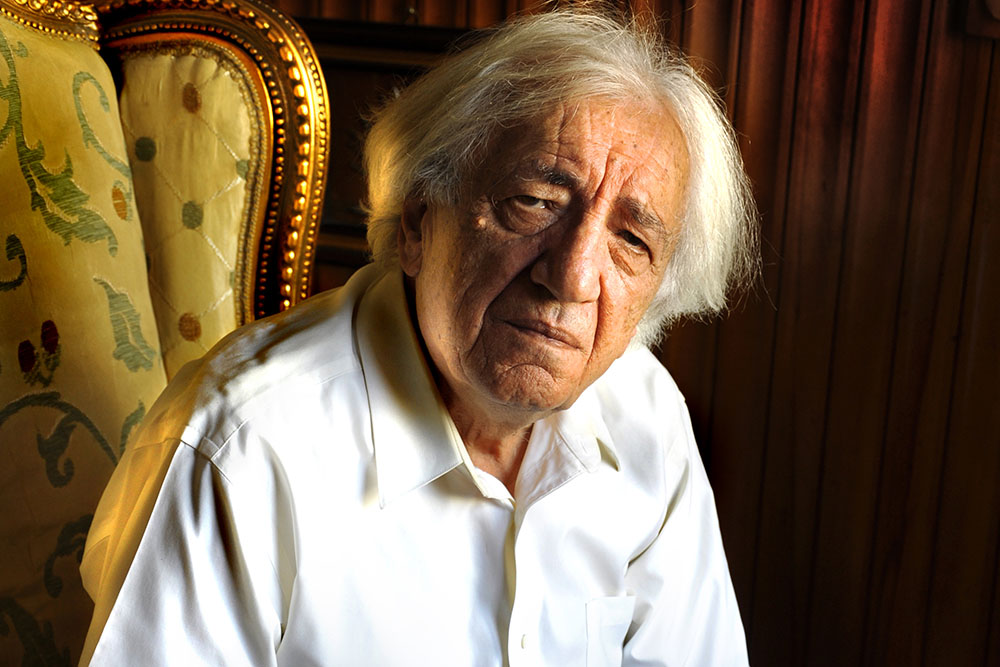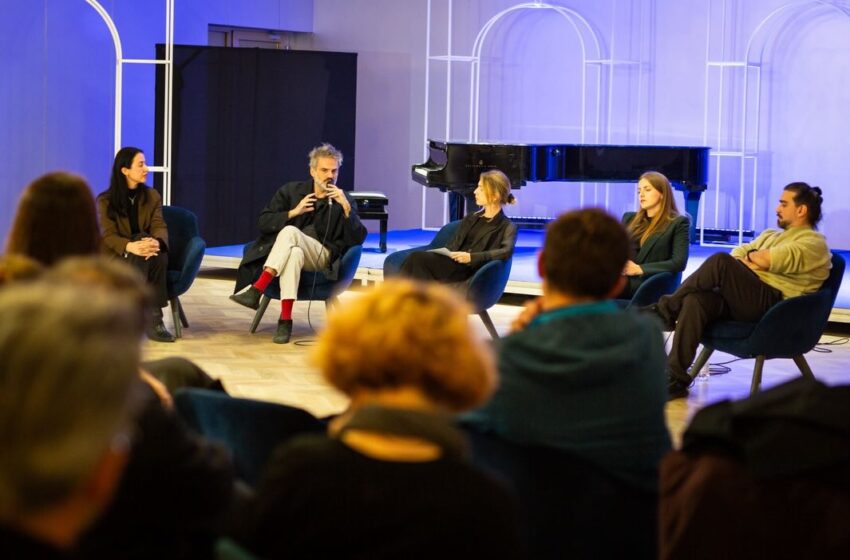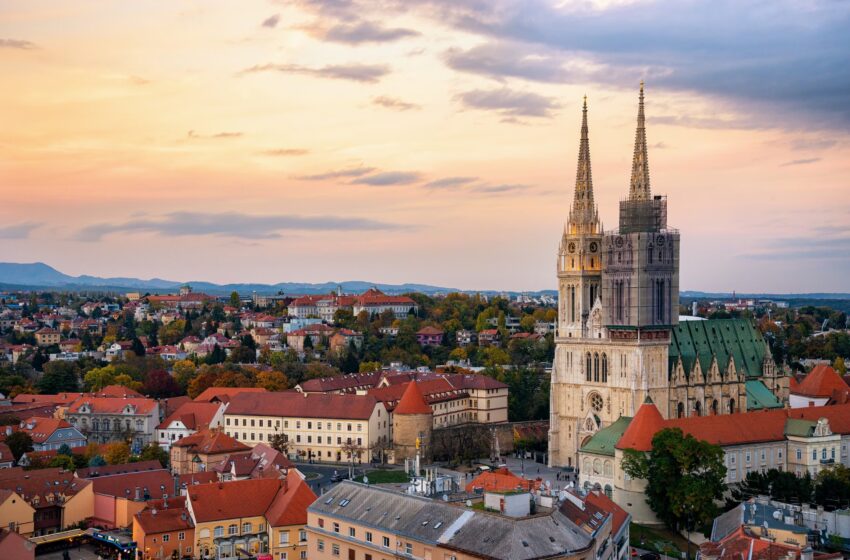Devoll starts building museum for famous writer Dritëro Agolli

The foundation stone has been laid for the new Dritëro Agolli Museum in Menkulas, Devoll, the birthplace of the renowned Albanian writer. The project officially began today during a ceremony attended by local authorities and marks a significant cultural investment for the region.
Why is this important: Designed to reflect the stature of one of Albania’s most celebrated writers, the museum will serve not only as a tribute to Agolli’s life and work but also as a major cultural tourism destination in the Korçë region.
The museum is being co-financed by the Regional Council of Korça and the Municipality of Devoll. Korça Prefect Nertil Jole announced that the initiative aims to honor Agolli’s literary legacy and his contribution to Albanian identity and culture.
Local officials described the project as “a museum worthy of a colossus of Albanian literature and a proud son of Devoll, who elevated the name of his hometown and its people wherever he went.”
Who was Dritëro Agolli?
Dritëro Agolli (1931–2017) was one of the most influential literary figures in modern Albanian history. Born in the village of Menkulas in southeastern Albania, he became known for his deep connection to rural life and the everyday struggles and dignity of Albanian people, especially peasants and worker, through poetry, prose, and journalism.
He studied literature in Leningrad (now Saint Petersburg, Russia) and began his literary career in the 1950s. Agolli’s style evolved over time, from socialist realism during the communist period to more personal and philosophical tones after the 1990s.
Among his most celebrated works is the novel “Commissar Memo”, which was later adapted into a popular Albanian film. Another landmark work is “The Rise and Fall of Comrade Zylo”, a sharp satire of bureaucracy and ideological hypocrisy, which remains widely read today. His poetry collections, including “Mother Albania” and “The Long Poem”, are known for their national pride, social reflection, and emotional depth.
Beyond his writing, Agolli served for years as the head of the Albanian League of Writers and Artists during the communist regime, playing a central role in shaping cultural policy. After the fall of communism, he continued to write and remained a respected public figure until his death in 2017.
The upcoming museum aims to preserve and promote this literary legacy, offering future generations a space to connect with the life and works of a writer who left an indelible mark on Albanian culture.


